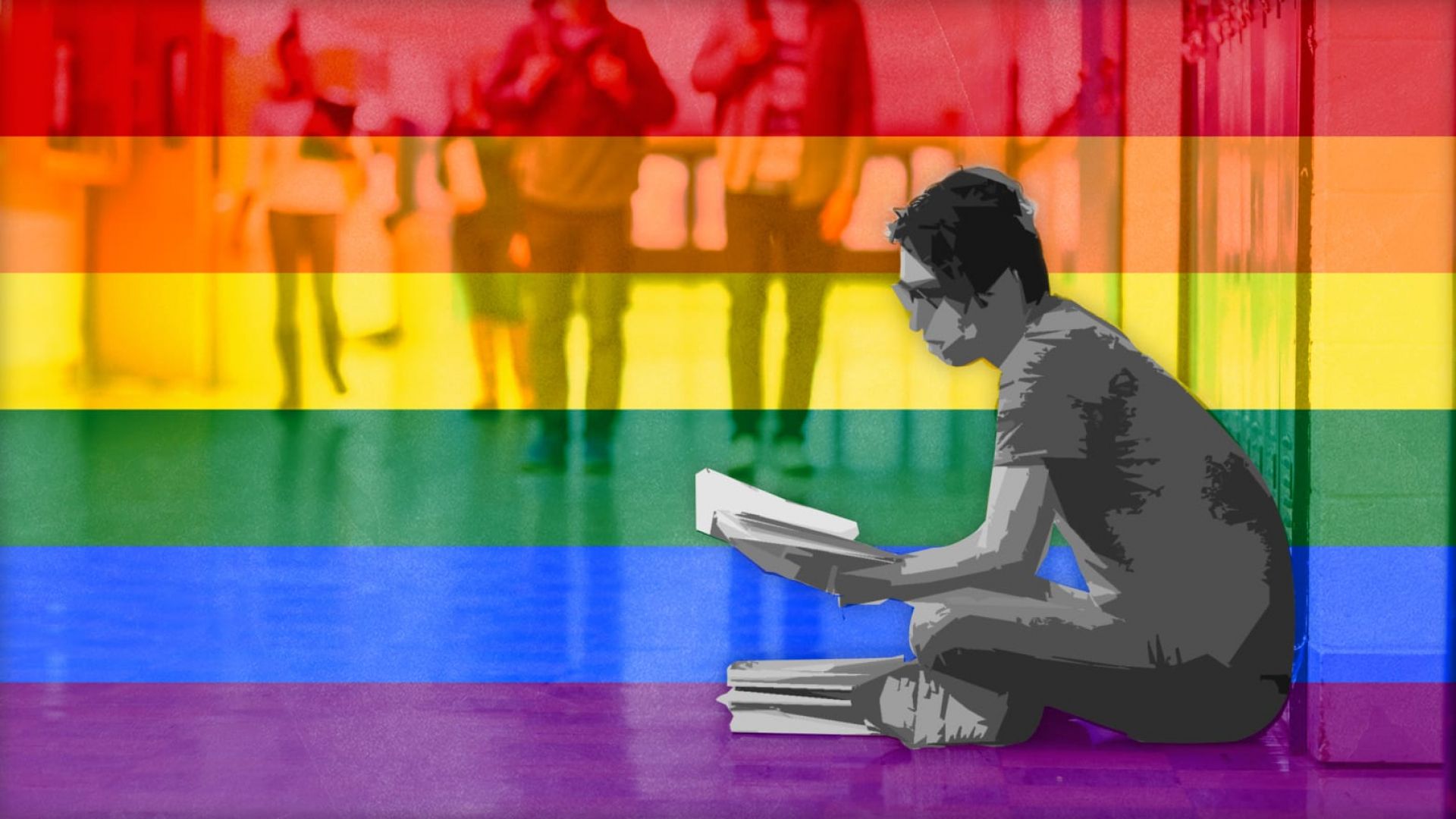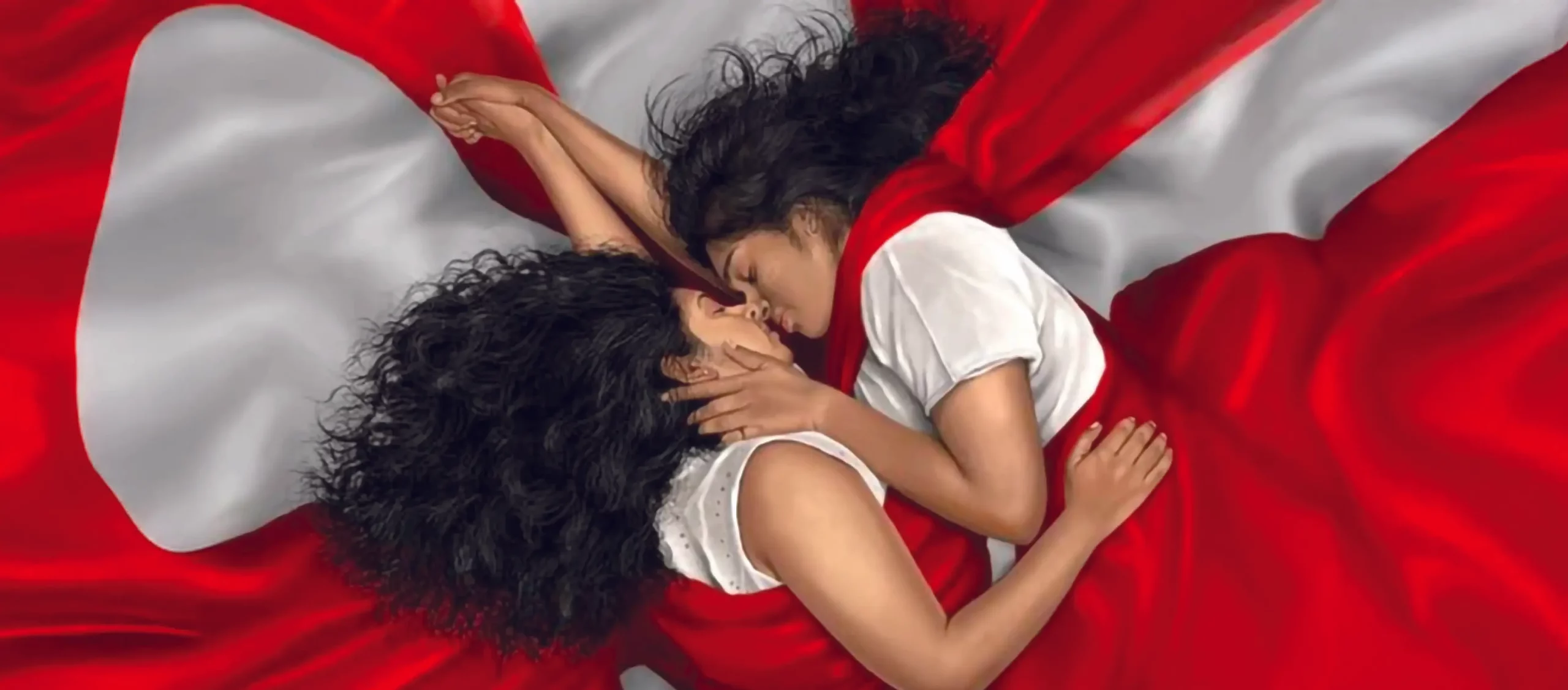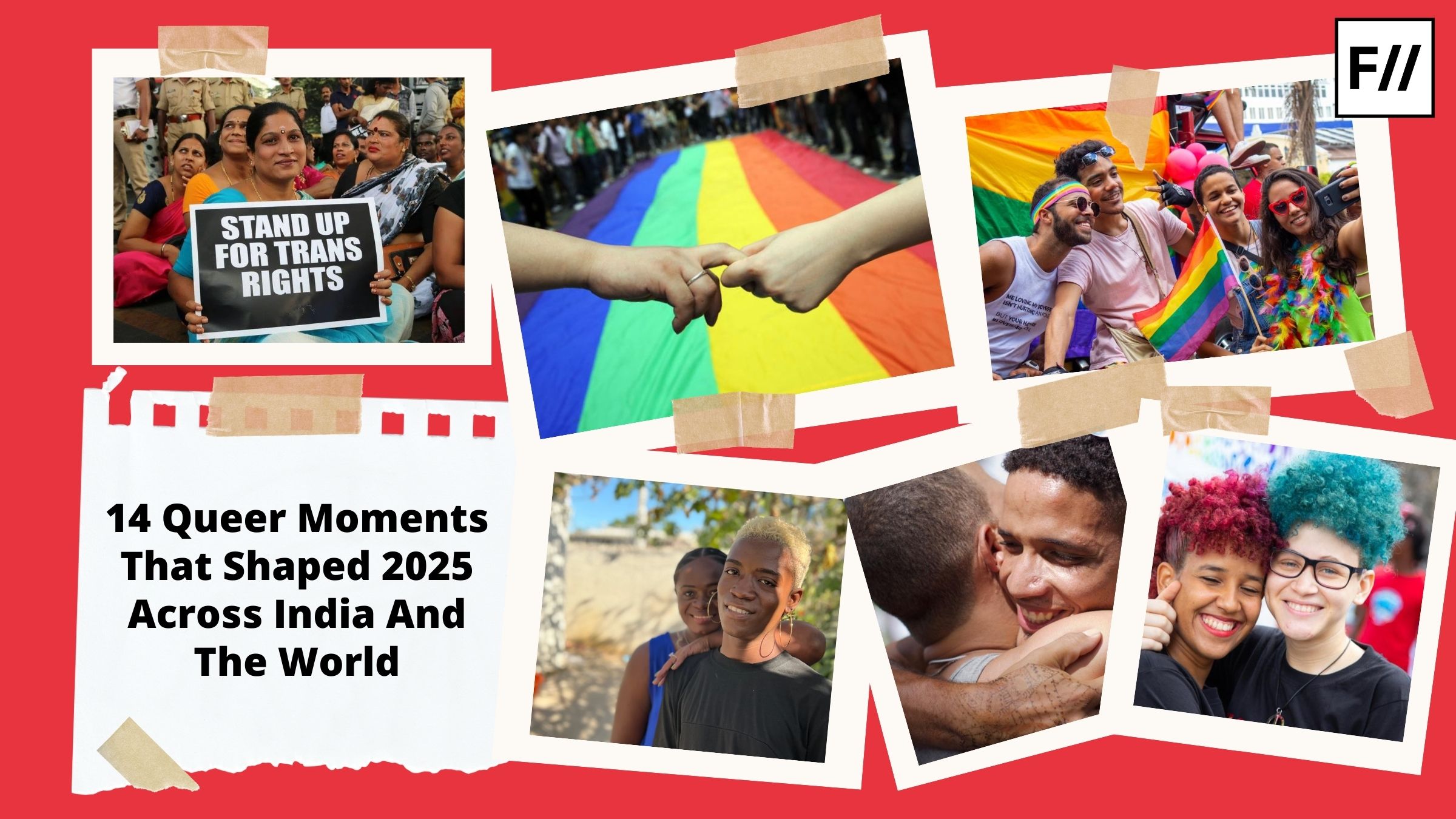Trigger Warning: Mentions of GBV, sexual assault and homophobia
In early January this year, a 34-year-old gay man in Bangalore decided to meet his dating app match, someone he had matched with on a gay dating app. Unfortunately, he had no idea that this meeting was not a date or a meeting of soon-to-be friends either, but would result in him being aggressively assaulted by a group of men, who would also rob him of his belongings (tens of thousands in cash and jewellery worth tens of thousands) and flee. Not only did they attack him violently using their fists, boots, belts, daggers and other weapons, but they also plucked his hair using pliers, stripped him naked, urinated on him, and shot video of him being attacked using their phones.
In another such event, a 32-year-old gay doctor was lured to meet his gay dating app match in a hostel room, where he was sexually assaulted by a few men who filmed the entire attack, threatened to leak the video on social media, and extorted money from him. This crime happened in the Banaras Hindu University campus on January 11 this year.
In a similar incident in late November last year, a 29-year-old gay man invited his match from a dating app to come over to his apartment. The accused match, who called himself “Farhan” (which would most likely be a fake name) came over to Amir’s home, said he wanted to use the restroom, and soon a bunch of armed men appeared in front of his home. Not only did they steal valuables like electronics, wristwatches, and liquor bottles, but they also compelled the 29-year-old to transfer cash to them through a UPI app and assaulted him aggressively.
In another search unfortunate incident, a 20-year-old victim, again a gay man decided to meet his Grindr match for a fun night in Delhi. When he went to meet his date, at a creepy place, he was attacked by a group of men who physically abused him and gang-raped him for several hours, while also shooting videos. They demanded that he transfer a big amount immediately, so the 20-year-old was forced to reach out to his friends and contacts to transfer money to him soon, and as he was in fear of losing his life, the accused also found his caste certificate and started throwing casteist slurs at him.
Is there a pattern here?
Several such incidents have happened in India in the last few years. While not all of them involve the accused physically abusing the victim to cause grievous injuries, many of these crimes have some similarities.
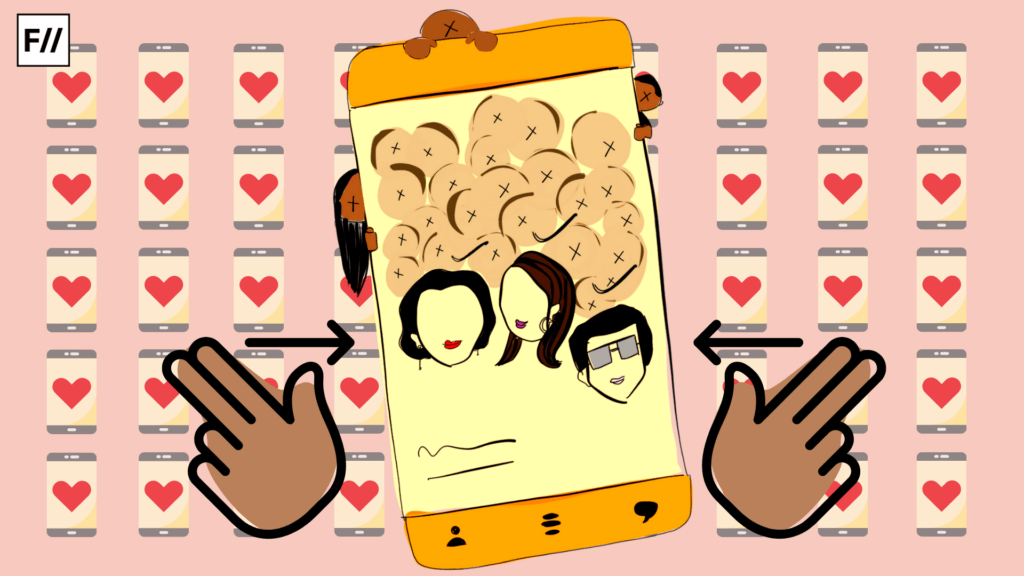
The pattern of these crimes is often premeditated, with the accused using gay dating apps like Grindr or Romeo to target gay or queer men. They masquerade as gay themselves, convincing innocent survivors to meet them, often at false addresses or in private locations. Once the victim arrives, the initial match lures them into a secluded area where they share location details with accomplices who arrive armed. Survivors are coerced into transferring large sums of money via UPI apps while enduring severe beatings and assaults.
In horrifying instances, survivors are stripped, forced into sexual acts, or made to pose nude for recorded videos, which are later used for extortion or other hate-driven activities. The attackers frequently leave survivors severely injured and flee with their phones, perpetuating a cycle of robbery, violence, and exploitation.
Facts such as these, like the platform to find and lure survivors being gay dating apps, the survivors in all these cases being gay or queer men, and the incidents involving not just theft and robbery but aggressive physical assault, sexual assault, filming of the survivors being sexually assaulted, and threatening to humiliate them further suggest that these are incidents of hate crime and homophobia.
Crimes such as these happen not just in India, but in many countries across the world, crimes that follow similar patterns. In India, these homophobic criminal activities have been rampant in the last decade, and it is said that Grindr is unsafe for gay men in India!
Why target gay men?
Perpetrators of these crimes exploit the vulnerabilities of gay men within our society, targeting those who are often young and closeted, aware that their survivors may be hesitant to reveal their true identities. The threat of exposure to explicit videos compounds the survivors’ fear and humiliation, discouraging them from reporting the crimes.
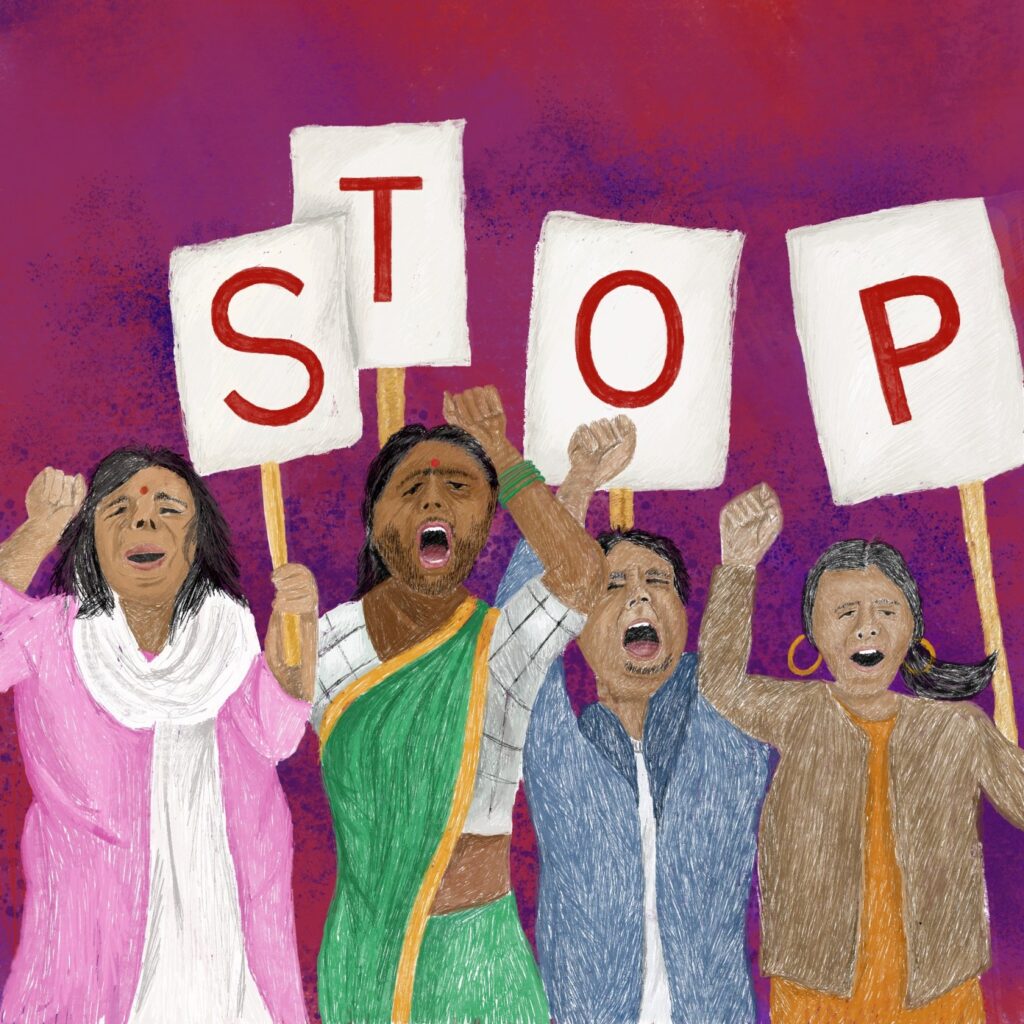
Perpetrators bank on the belief that their multifaceted attacks will deter survivors from seeking justice, with the added risk of encountering police indifference or hostility due to societal biases against gay men. Shockingly, some law enforcement officers undermine or completely negate the trauma by mocking and shaming survivors for their sexual orientation, reflecting deep-seated homophobia within certain segments of the police force. These systemic failures highlight the urgent need for comprehensive societal awareness and legal protections to safeguard vulnerable individuals from such egregious acts of violence and discrimination.
How do we resolve this problem?
Lack of awareness:
We as a society lack awareness about gender, sexual orientation, sexuality, and queer rights. To erase queerphobia from the average person’s mind, the government must take measures to actively raise awareness about these topics among the general public through media outlets and workshops, online and offline, ensuring that the content reaches everyone, citizens residing in cities and remote villages.
Professionals in health and law be trained to understand and help:
Law enforcement officials and lawyers especially must be trained to understand these topics and sensitive but important issues like gay men getting sexually assaulted – yes, it is possible, men can also get raped! When professionals and experts themselves deny reality, it makes survivors more hesitant to reach out to them for help and criminals more confident that they can get away with anything.
Could more stringent punishments help?
Experts in law and policy could do their bit by considering whether punishment for homophobic crime could be made more severe, without taking it to the extent of capital punishment, and if cops who refuse to lodge complaints or mock persons from the LGBTQI community must also be punished legally.
Gay dating apps must be held accountable:
Gay dating apps must take responsibility and act on this pattern of crime, preventing such attacks in the future. These kinds of crimes have been happening for a long and are not rare, so how could these apps help their gay users while also keeping people’s identities safe and private?
Could they add safety features that insist that immediately after a user meets their match if they do not respond with a keyword, an emergency call will be sent to the local cops? Or they could at least add an emergency call feature that would help survivors directly and immediately reach out to the local police station. The management must take these concerns very seriously, and governments must also insist that if these apps don’t bring in these features, they will be banned or will have to pay a huge penalty or something.
24*7 Helplines for queer people:
Not just some numbers to show that some step was taken, but the state and central governments should introduce 24*7 helplines for queer people across the country, where calls would be received by trained professionals speaking different languages, who would also know how to handle which situation, what to say and what not to say.
Media coverage:
The media outlets must do their bit as well. We need more coverage of such news. Crime involving queer people still does not get as much coverage as celebrity news or cricket updates get, which is sad. Also, this will help innocent gay men and queer people more aware of this dark reality and what safety measures they can personally take.
Cases require thorough investigation:
Officials must look into this pattern and find out more information to prevent such activities. What causes homophobia among these criminals? Do these criminals share more than just the pattern of crime? Are there other factors that are involved that the general public can be made aware of?
Are they targeting only the rich? Are they targeting people of only a particular age group? Which cities and towns show higher frequencies of these incidents?
Raising awareness early on:
Also, prevention is better than punishment. Awareness about gender and sexual orientation must begin at a young age, starting from childhood, so that people would understand that non-cis-het people are also human and deserve to be treated equally. This will be helpful for one and all, as this would not only break ideas of heteronormativity among the public but will also help people freely understand and accept their gender and sexual orientation and prevent both queer suicides and murders of queers and all forms of harassment queer kids and youth have to face.
About the author(s)
Lakshmi Prakash is a data scientist. She sees practicing equality, humanity, and science as the only possible path to a progressive future and holds that the absence of any one of these will negate any growth in other areas. Her hobbies include reading fiction and non-fiction, learning something new, brisk-walking, cycling, and writing a chapter only to forget where she saved it.
